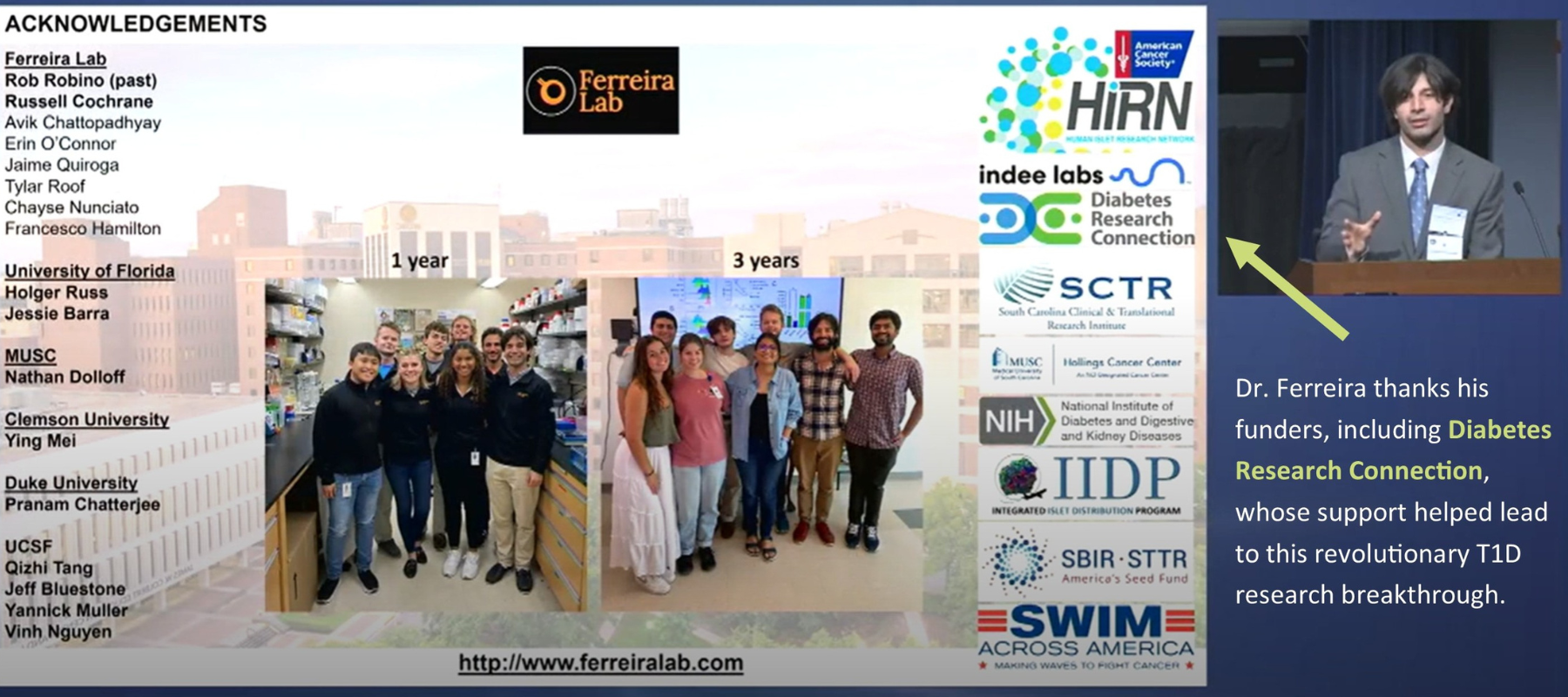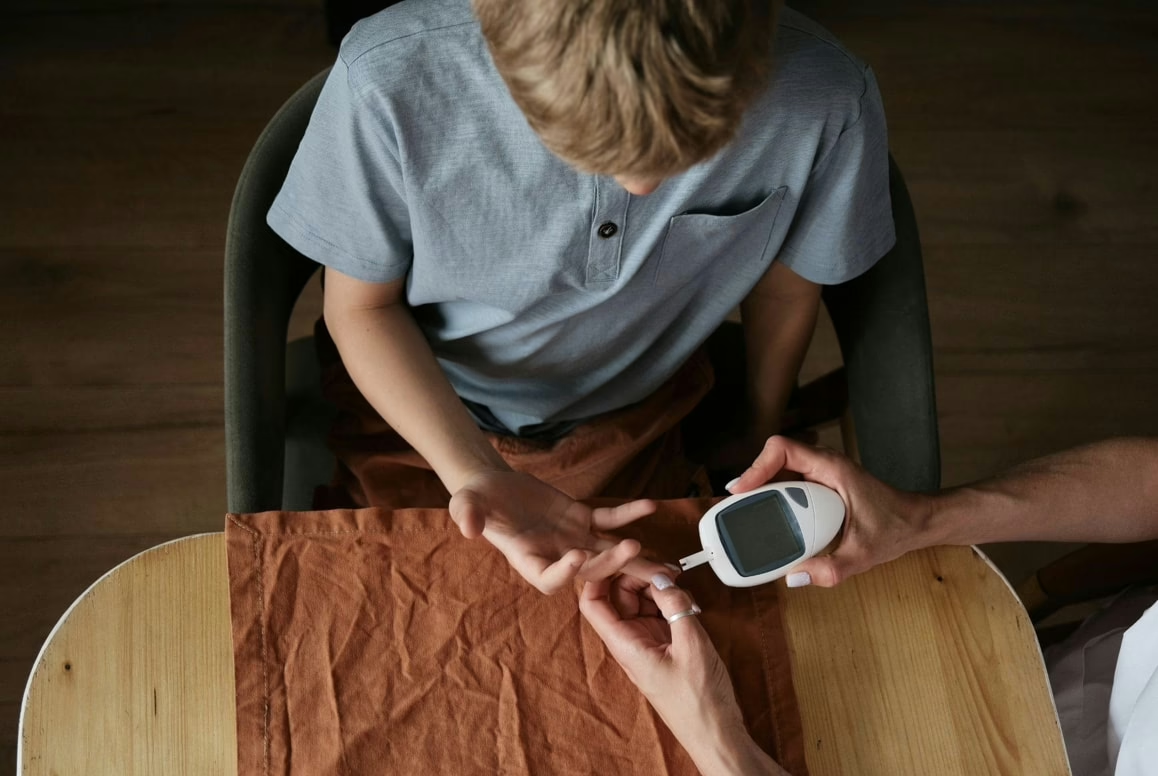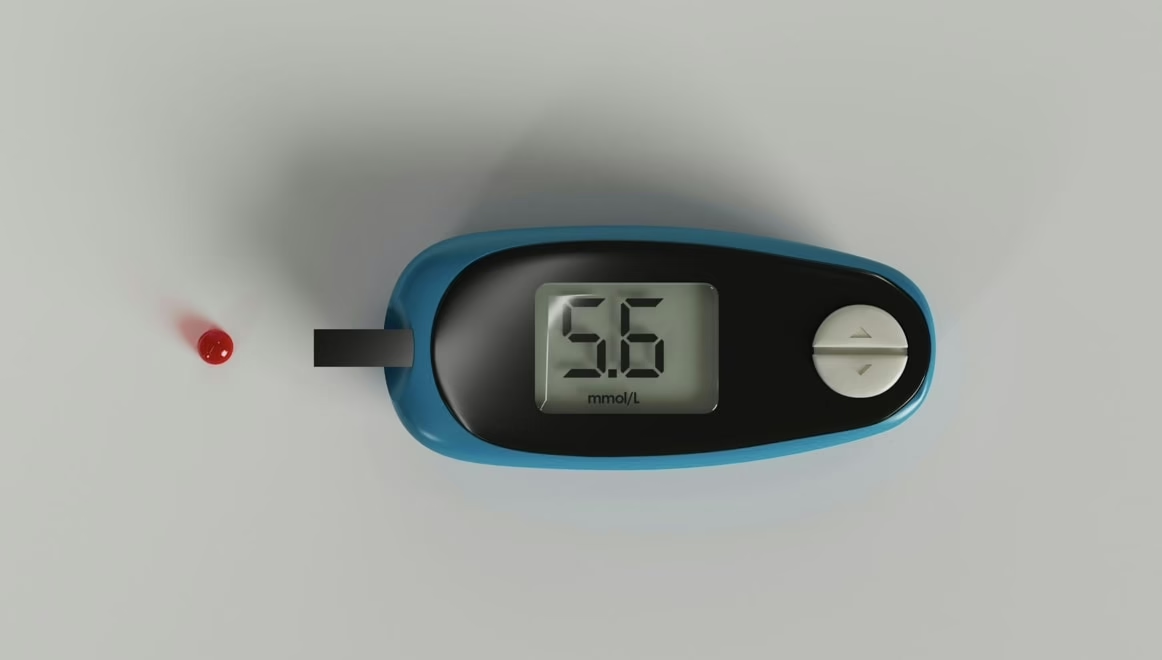This past year has been a year of impact at the Diabetes Research Connection. With the generosity of our supporters, we funded five innovative, peer-reviewed type 1 diabetes (T1D) projects, bringing the total to 12. Our sponsored early-career scientists developed data to show beginnings of proof of principle concepts that in turn precipitated substantial additional grants. We also had two researchers publish their work in diabetes journals.
We’re committed to keeping our community updated on all projects and DRC happenings, so we wanted to take time to share all the amazing things that happened in 2017.
In January, Jeffrey Serrill, Ph.D. at the City of Hope in Los Angeles started off the year with his project, Determining How Other Cells (Non-Beta) In The Pancreas Affect Diabetes. This is the 13th research project to launch on our website.
In March, we funded our 8th project; Peter Thompson, Ph.D., at the University of California, San Francisco, Regrowth of Beta Cells with Small Molecule Therapy.
In April, we funded our 9th and 10th research projects; Joseph Lancman, Ph.D., at Sanford Burnham Prebys Medical Discovery Institute, Replacement Beta-Cells From An Unexpected Source and Agata Jurcyzk, Ph.D., of the University of Massachusetts Medical School, What is the Connection Between T1D and Depression?
In May, our 11th project was funded; Gene-Specific Models and Therapies for Type 1 Diabetes, research being conducted by Jeremy Racine, Ph.D. of The Jackson Laboratory.
In June, we partnered with the diaTribe Foundation for the 2nd annual Brews & Blood Sugar event. More than 100 people joined us to sample beer from one of San Diego’s premier breweries, to learn how different varieties of beer affect blood sugar and support efforts to find solutions for those with diabetes.
In July, DRC funding precipitated a $1M grant for one of our researchers and his lab. Joseph Lancman, Ph.D., at Sanford Burnham Prebys Medical Discovery Institute was awarded $47,000 in funding by DRC to conduct his research project titled, Replacement Beta-Cells From An Unexpected Source. The results from this project enabled his lab to secure a $1M grant from the prestigious W.M. Keck Foundation. In the researcher’s own words, “The Diabetes Research Connection, like the Keck Foundation, plays a critical role in biomedical science by supporting innovative projects that most other funding sources consider high-risk. However, these high-risk projects have high-reward potential, essential for stemming next-generation technologies.”
Also in July, DRC spoke at the Children with Diabetes Friends for Life conference in Orlando, Florida. CC King, Ph.D., Todd Brusko, Ph.D., and David Baidal, M.D. presented on the current trends in T1D research and provided an update on contributions made by early-career scientists.
August was a busy month for us at DRC. Two of our researchers were published for their work in diabetes research. Support by DRC enabled Wendy Yang, Ph.D., to contribute to a major study published in Cell Report. In this study, the investigators discovered that alpha-catenin, a protein that regulates cell-cell interactions and communication is a potent regulator of pancreatic islet cell development. Click here to read the full article. In addition, Kristin Mussar, Ph.D., completed her project and found evidence that macrophages, a type of white cell usually associated with infection, also play an important role in the development of the islets, where insulin is made, just before and immediately after birth. The published report shows how macrophages help islets grow indicating that selected agents may activate the cascade of proteins enhancing islet growth, an important contribution for future treatments in T1D.
Also in August, we funded our 12th project; Yo Suzuki, Ph.D., at the J. Craig Venter Institute, Needles be Gone for Type One Diabetes Patients.
In September, we launched our 14th project; David Baidal, M.D., at the Diabetes Research Institute, The Omentum as an Alternative Islet Transplant Site.
In October, we launched our 15th and 16th research projects; Ningwen Tai, Ph.D., Yale University Diabetes Center, A Bacteria in the Gut May Predict Type 1 Diabetes and Jane Kim, M.D., at Rady Children’s Hospital and the University of California, San Diego, What Type of Type 1 Diabetes Does Your Child Have?
In November and in recognition of World Diabetes Day, we were honored to have Dr. Jane Kim’s project featured by Good Morning San Diego.
In December, we launched our 17th project; Tamara Oser, M.D., Penn State College of Medicine, Using Technology to Improve Diabetes Self-Management. We also had the world record holder for being the youngest person to cross America on foot visit us in San Diego on Thursday, December 14, 2017. Noah (11yrs old) started in Key West, FL on January 1, 2017, and finished on Saturday, December 9, 2017, in Blaine, WA, approximately 4,230 miles. Noah was diagnosed with type 1 diabetes (T1D) when he was 16 months old and has lived with insulin shots most of his life. We were grateful to share his story on Good Morning San Diego.
This past year was important for moving research forward and adding to the field of diabetes. We could not do what we do without the continued support of our community.




